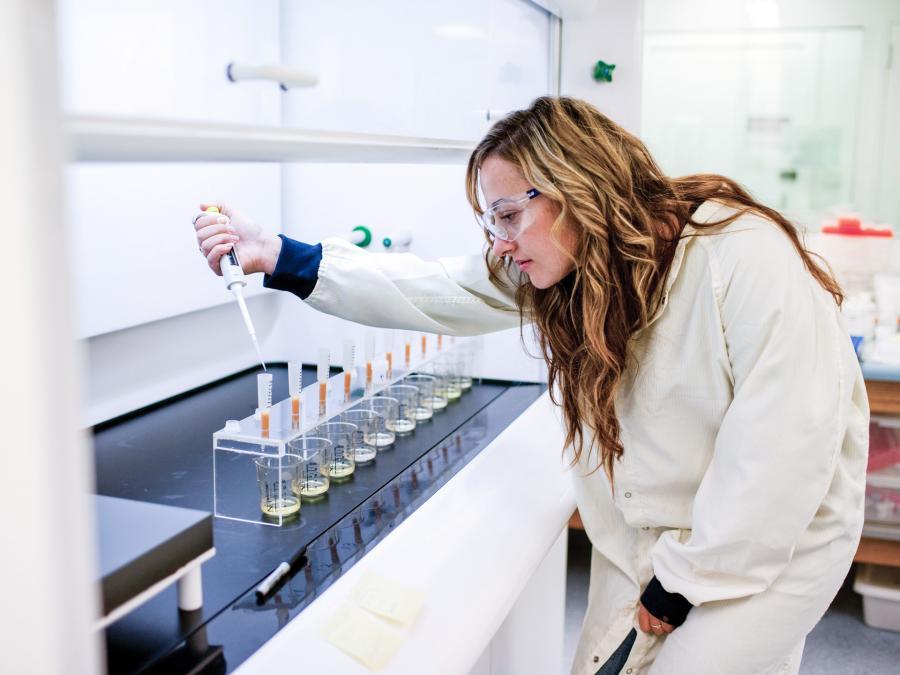Gene therapy to treat inherited brain disease

Gene therapy has held promise for treating single gene disorders by replacing the defective gene with a functional one.
Our laboratory is involved in clinical trials for inherited disorders that affect the brain.
One of the challenges for any treatment, including gene therapy, for these diseases is their progressive nature which means the residual disease burden already established prior to diagnosis of the disease is largely impermeable to therapeutic intervention.
Early treatment is key to improving outcome, and so is understanding the pathology of the neurological decline, which is relentless manifesting a loss of acquired skills e.g. the ability to speak, walk and eat.
In addition to the clinical samples, projects are also available using cell and mouse models of disease which are currently being used to undertake parallel studies to learn more about the progression of neurological damage, open up new avenues for treatment and adjunct therapies to complement gene therapy.
Genetics and molecular pathology
SA Pathology
Our laboratory is embedded in the Genetics and Molecular Pathology Directorate in the state-wide pathology service, SA Pathology, providing a diagnostic service for patients with inborn errors of metabolism, both nationally and internationally.
Inborn errors of metabolism are genetic disorders arising from a deficiency of an enzyme or complicit protein.
Consequently the substrate for the enzyme cannot be metabolised and accumulates in affected cells resulting in progressive and debilitating disease.
Our primary research focus is on inborn errors of metabolism that affect the brain and manifest with neurological symptoms for which effective therapeutic intervention remains a critical unmet clinical need.

Supervisors
Co-supervisors: Dr Jennifer Saville | Dr Nathan Rout-Pitt | Dr Ainslie Derrick-Roberts
Research area: Genetics and molecular pathology
Recommended honours enrolment: Honours in Molecular and Biomedical Science
